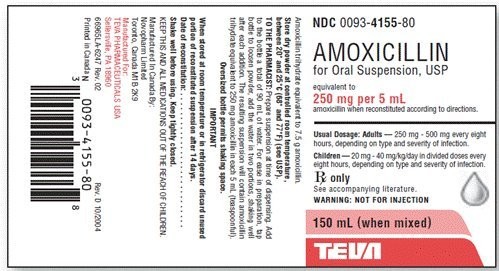 The physician ordered 30 mg/kg/day every 8 hours of this medication for an 8-year-old child who weighs 55 pounds. How much medicine will the child receive in one dose.
The physician ordered 30 mg/kg/day every 8 hours of this medication for an 8-year-old child who weighs 55 pounds. How much medicine will the child receive in one dose.
A. 2 mL
B. 1 mL
C. 5 mL
D. 3 mL
E. 10 mL
Answer: C
You might also like to view...
________ is the process that begins by day 12 and creates three distinct embryonic layers of cells
A) Mesodermation B) Ectodermation C) Endodermation D) Gastrulation
Your friends are discussing a hunting accident they heard about on the news. A hunter was shot with a high-powered rifle, and the report indicated that he had damage to several internal organs. From your knowledge of mechanisms of injury, you can tell your friends that this type of injury is called a:
a. high-impact injury. b. high-velocity penetrating injury. c. projectile injury. d. blast injury.
Match the following:
A) fraud B) assumption coding C) upcoding D) mutually exclusive E) HCPCS Level II codes F) abuse G) unbundling H) HCPCS Level I codes I) HCPCS modifier J) advance beneficiary notice 1) The codes used to report vision and hearing services 2) The notice that alerts a Medicare beneficiary that a service may NOT be medically necessary and is, therefore, NOT covered 3) Intentional acts of deception used to take advantage of another person or entity 4) The codes found in the Current Procedural Terminology (CPT) code book 5) Billing for procedures or services that were NOT necessary 6) Two codes that could NOT have both reasonably been performed during a single patient encounter 7) Reporting items or services that are NOT actually documented in the medical record but that the coder believes were performed 8) The use of a procedure code that provides a higher reimbursement rate than the code that actually reflects the services provided 9) The two-character code used with all levels of HCPCS codes to provide additional detail on services reported on Medicare claims 10) The practice of billing the parts of a bundled procedure as separate procedures
Which of the following is a reaction to a chronic injury?
A. Isolation B. Fear C. Frustration D. Shock